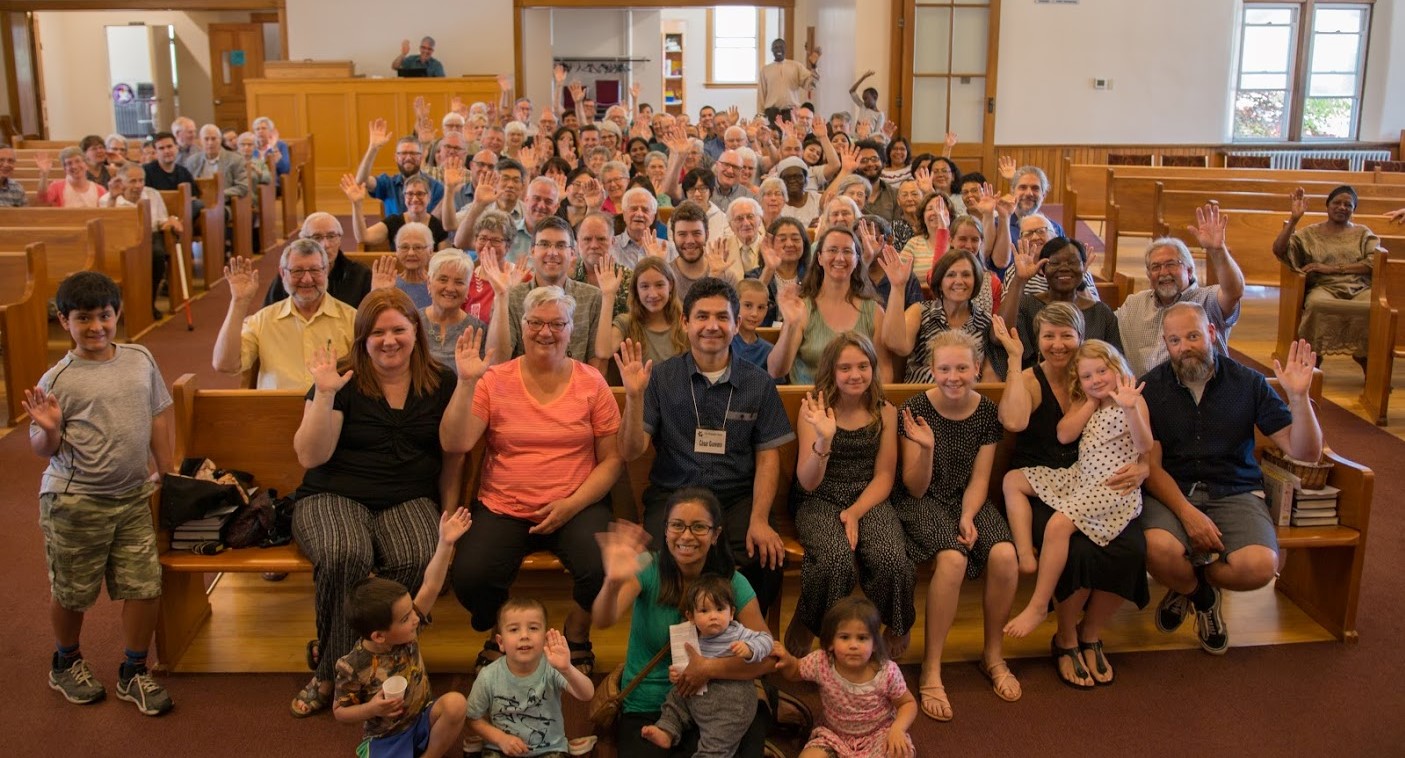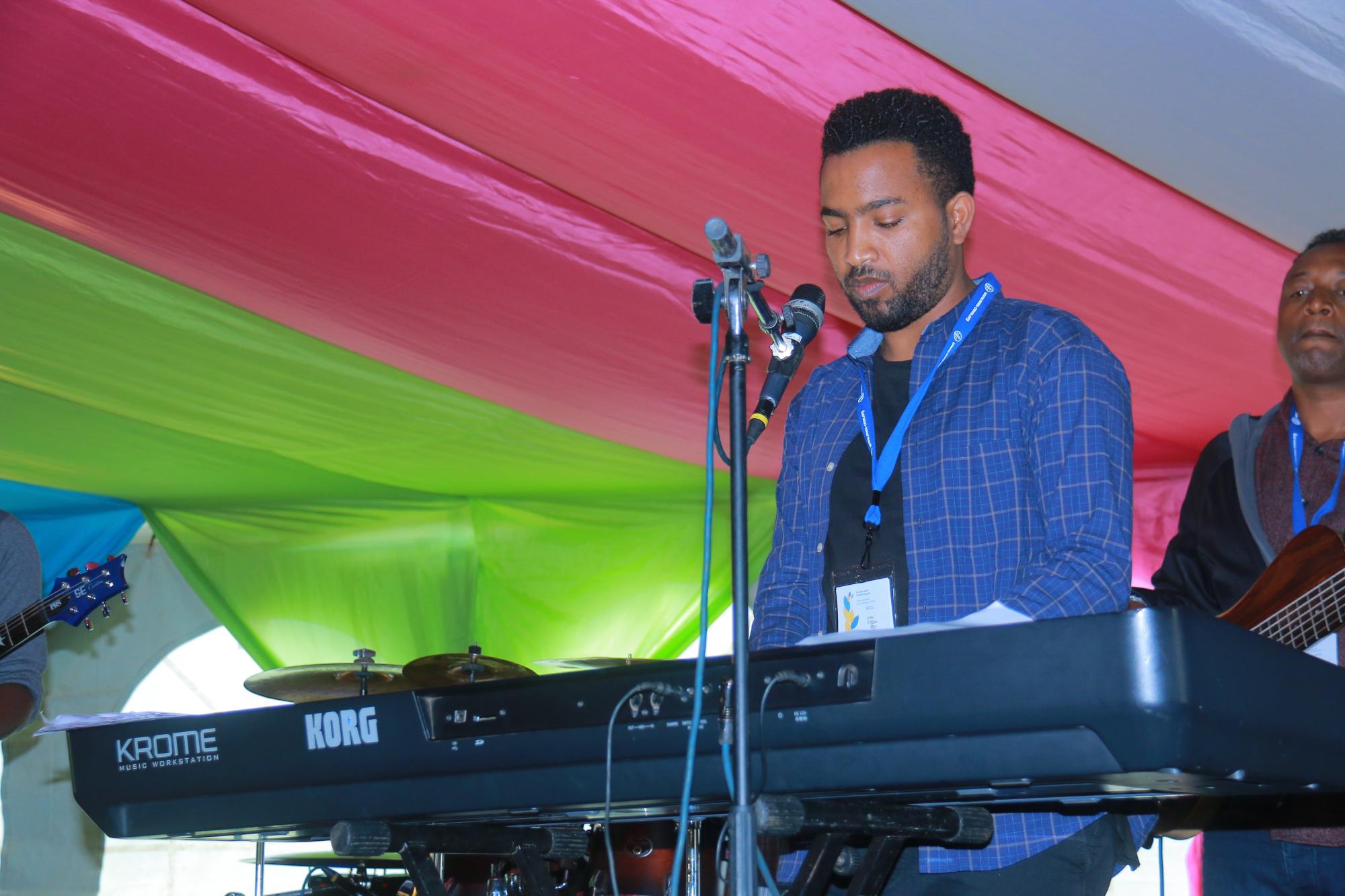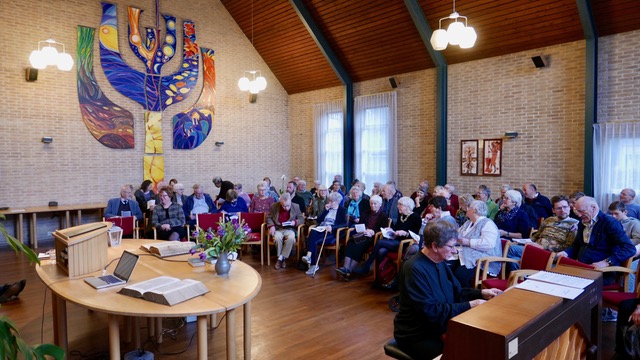-
MWC worship resources draw the family together
Gathered and scattered. Mennonite World Conference creates space for the global Anabaptist family to worship together, together in body in one location, and together in spirit in many locations. One way is through publishing worship resources. Each year, MWC partners with church leaders from around the world to compile a resource packages to help congregations
-
Unity for the glory of God
“Unity is not being in unison, but, with all the differences we have, it’s to come with one purpose – for the glory of God,” says Dawit Getachew Abraham, a band leader and musician who has played in worship sessions at Mennonite World Conference gatherings. As the global church walks together in the Holy Spirit,
-
“A peace that passes all understanding”
Sermon notes for Peace Sunday Background to the Letter The Writer This is a profound letter written by Paul. Rarely do we take the time to think about the conditions under which this letter was written in Philippi, but it is important to analyze the context of the author a bit in order to understand


